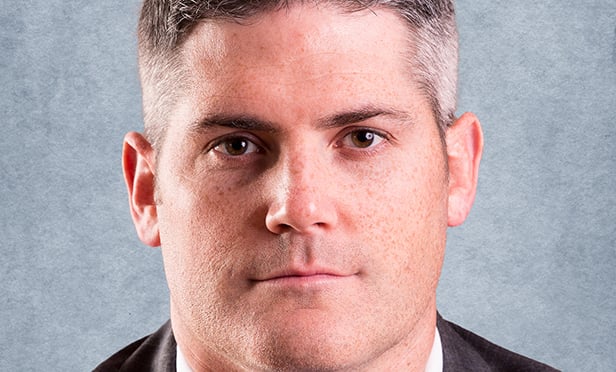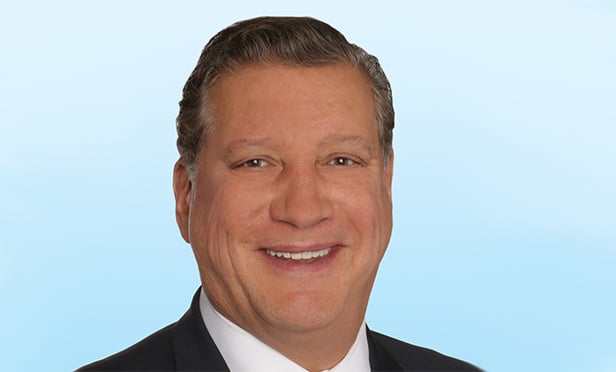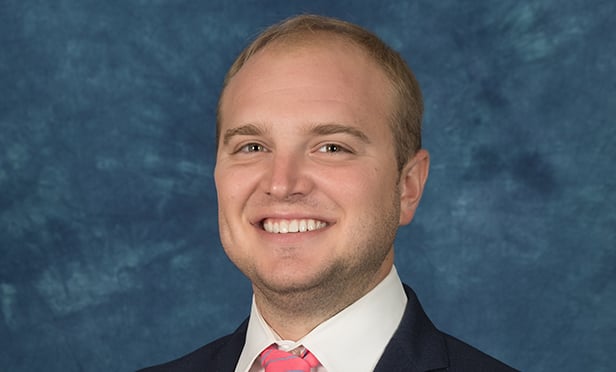MIAMI—From grocery-anchored shopping centers to net leased properties, assets are turning investor heads in Florida. JLL is in the middle of the fray with management and leasing assignments, as well as capital markets expertise and investment sales—and it's not just in major markets like Miami.
For example, JLL's Capital Markets team recently closed the sale of Lake Washington Crossing. JLL represented the seller, WSRI-SRP Lake Washington, in the sale of the 118,698-square-foot grocery-anchored shopping center near Florida's ocean coast to Baltimore-based Philips Edison Group. JLL managing director Carson Good says this type of shopping center is in strong demand.
[IMGCAP(1)]
Meanwhile, retail landlords are working to drive more value from their assets and JLL is there to serve. BV Belk Properties just retained JLL Retail to manage and lease Lakeshore Mall, a 490,000-square-foot retail center in Sebring. JLL will help Belk take proactive measures to upgrade the property and transform it into a gathering place for the community.
Against this backdrop, GlobeSt.com caught up with Good to discuss what he sees as the state of the retail investment market in Florida, what markets are especially hot, and what investors are going after in this exclusive interview.
GlobeSt.com: What is the state of the retail investment market in Florida?
Good: In the first half of 2014, more than 13 million square feet of retail assets traded hands totaling approximately $3.5 billion. Vacancy rates are decreasing, resulting in rising values, and multi-tenant retail cap rates in the five major markets of Miami, Palm Beach, Orlando, Tampa and Broward continue to hover between 6% and 7% on average. However, there a number of deals that will sell below a 6 cap if they're extremely high quality in a prime locations or show real growth potential.
GlobeSt.com: Are some Florida markets hotter than others for retail investor?
Good: Tampa saw more than $700 million of retail assets trade in the first half of 2014, followed by Miami with nearly half a billion in retail trades. Miami continues to be a top target for institutional investors and pension funds, but the city remains the tightest in Florida, and limited product is coming to market.
We're seeing private equity investors targeting value-add traditional centers, but there aren't many of apparent value-add opportunities for these funds to create growth, especially for buyers targeting assets that will provide 3% to 4% income growth a year, or value-add assets that would provide a 25% bump in income—for the most part the retail centers in the state filling up with quality retailers.
GlobeSt.com: What types of retail properties are investors most hot after, and why?
Good: Anything in Miami-Dade County, A level grocery-anchored and lifestyle centers and B and C level grocery-anchored centers are the most sought after types of assets for investors.
© Touchpoint Markets, All Rights Reserved. Request academic re-use from www.copyright.com. All other uses, submit a request to [email protected]. For more inforrmation visit Asset & Logo Licensing.






